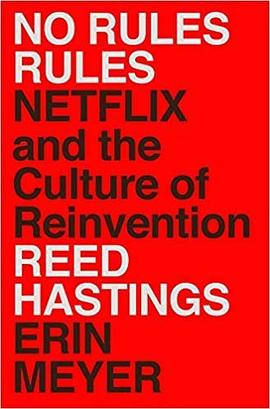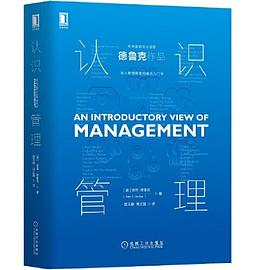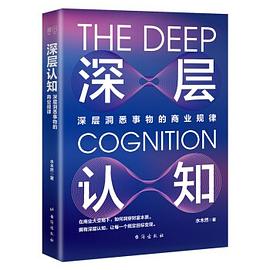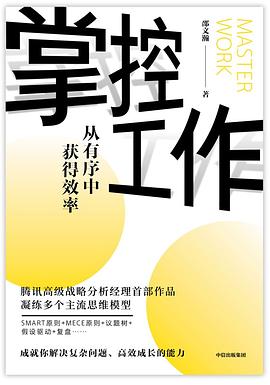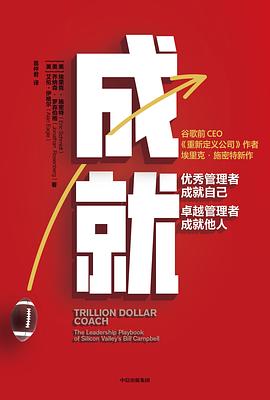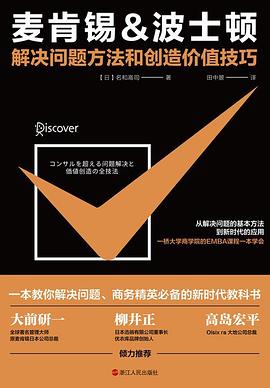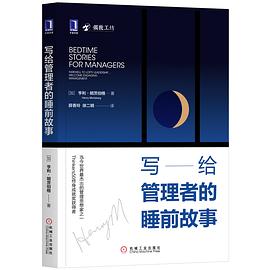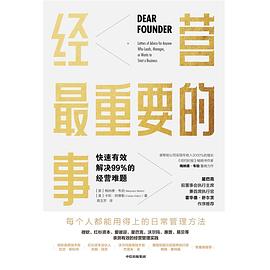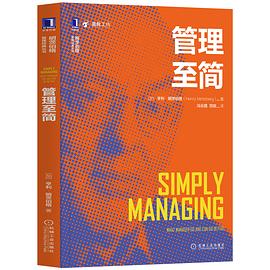
具体描述
Reed Hastings is an entrepreneur who has revolutionized entertainment since co-founding Netflix in 1997, serving as its chairman and CEO since 1999. His first company, Pure Software, was launched in 1991 and acquired just before Netflix was launched. Reed served on the California State Board of Education from 2000 to 2004 and is an active educational philanthropist. He has sat on the board of several educational organizations including Dreambox Learning, KIPP and Pahara. He received a BA from Bowdoin College in 1983 and an MSCS in artificial intelligence from Stanford University in 1988. Between Bowdoin and Stanford, Reed served in the Peace Corps as a volunteer teacher in Southern Africa.
Erin Meyer is the author of The Culture Map: Breaking Through the Invisible Boundaries of Global Business, and a professor at INSEAD, one of the world’s leading international business schools. Her work has appeared in Harvard Business Review, The New York Times, and Forbes.com. In 2019, Erin was selected by the Thinkers50 as one of the fifty most influential business thinkers in the world. She received an MBA from INSEAD in 2004 and she currently lives in Paris, France. In 1994-95 Erin also served in the Peace Corps as a volunteer teacher in Southern Africa. Visit erinmeyer.com for more information.
Netflix cofounder Reed Hastings reveals for the first time the unorthodox culture behind one of the world's most innovative, imaginative, and successful companies
There's never before been a company like Netflix. Not only because it has led a revolution in the entertainment industries; or because it generates billions of dollars in annual revenue; or even because it is watched by hundreds of millions of people in nearly 200 countries. When Reed Hastings co-founded Netflix, he developed a set of counterintuitive and radical management principles, defying all tradition and expectation, which would allow the company to reinvent itself over and over on the way to becoming one of the most loved brands in the world.
Rejecting the conventional wisdom under which other companies operate, Reed set new standards, valuing people over process, emphasizing innovation over efficiency, and giving employees context, not controls. At Netflix, adequate performance gets a generous severance and hard work is irrelevant. At Netflix, you don't try to please your boss, you give candid feedback instead. At Netflix, employees never need approval, and the company always pays top of market. When Hastings and his team first devised these principles, the implications were unknown and untested, but over just a short period of time they have led to unprecedented flexibility, speed, and boldness. The culture of freedom and responsibility has allowed the company to constantly grow and change as the world, and its members' needs, have also transformed.
Here for the first time, Hastings and Erin Meyer, bestselling author of The Culture Map and one of the world's most influential business thinkers, dive deep into the controversial philosophies at the heart of the Netflix psyche, which have generated results that are the envy of the business world. Drawing on hundreds of interviews with current and past Netflix employees from around the globe and never-before-told stories of trial and error from his own career, No Rules Rules is the full, fascinating, and untold story of a unique company making its mark on the world.
用户评价
##不愧是founder写的,比另一本Patty的好很多。很好的方法论,但不是所有组织都有本事实践,这也是为何Netflix独特的地方。与OKR,Ray Dalio的radical transparency都有可以结合的地方
评分##谈不上讨好人格,但自己算那种conflict-avoidant,因此很佩服Netflix的candor氛围。freedom跟responsibility的确吸引人,培养的那种talent density很有创造力,但keeper test太吓人了,只适合这种顶级靠创造力盈利的企业,其它行业沿用日式的管理方法把员工当螺丝钉用的前提是保证员工6分及格8分优秀只是待遇差别,Netflix这种是要求所有员工9.5分,掉0.5分就要领axe的压力对我这种平庸来说压力太大了。解释了Netflix在社交网流传的很多独特气质,放弃个人表现而是用市场行情来定涨薪,鼓励员工接猎头电话了解自己的薪资行情,前提依然是talent density,最后一章蛮有意思的,Dutch员工有趣。
评分 评分 评分 评分 评分 评分 评分##断断续续读了一年才读完,这个世界的逻辑已经变了三圈儿了。candor,candor,candor。
相关图书
本站所有内容均为互联网搜索引擎提供的公开搜索信息,本站不存储任何数据与内容,任何内容与数据均与本站无关,如有需要请联系相关搜索引擎包括但不限于百度,google,bing,sogou 等
© 2025 book.qciss.net All Rights Reserved. 图书大百科 版权所有

